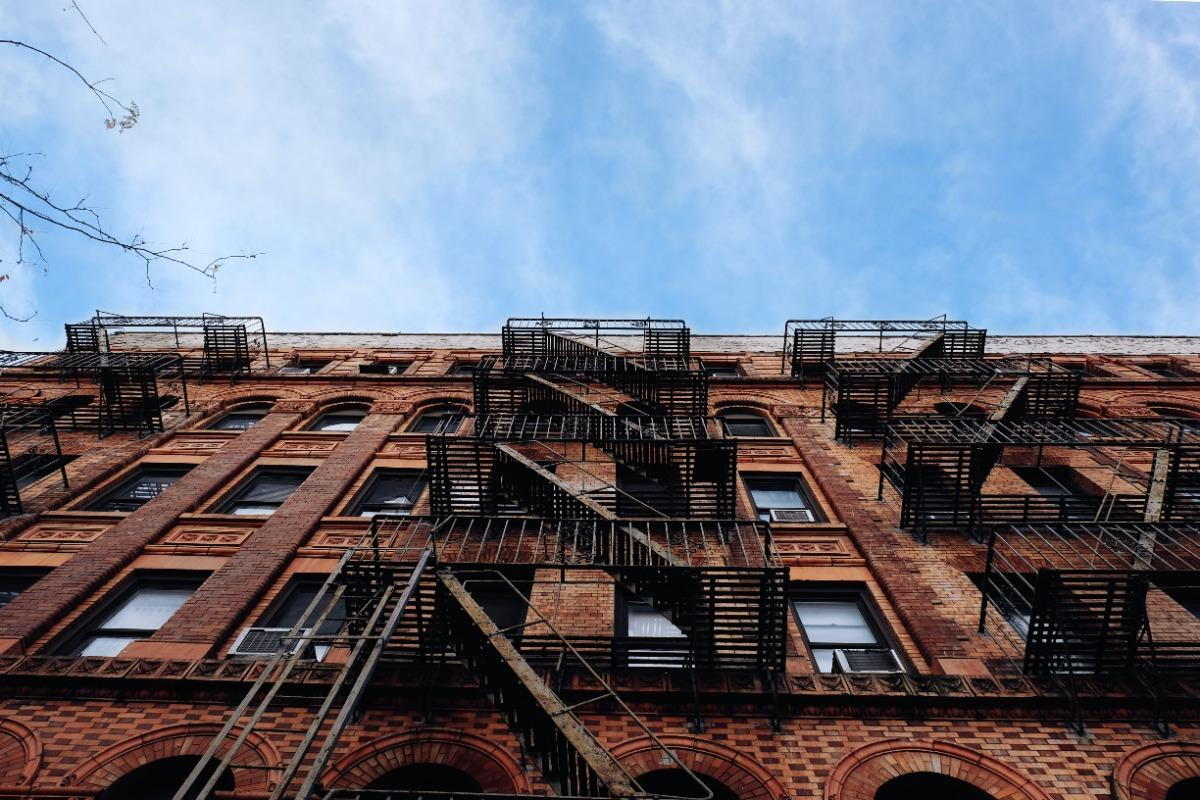
- posted: May 31, 2022
How to Dispute a Rent Overcharge in NYC
Rent stabilized apartments help keep families and individuals living in their apartments. It’s an essential piece of policy that protects thousands of New Yorkers from skyrocketing costs of living, but landlords in rent-stabilized apartments may still try to illegally raise rent.
So, what can you do if you’re being overcharged in a rent-stabilized apartment? In this blog from Outerbridge Law, we’ll tell you all you need to know about rent-stabilized apartments, what overcharge is, and what to do if you’re being overcharged for your rent. Let’s get right to it!
What is a Rent Stabilized Apartment?
Rent stabilization is a program that regulates the rent of certain privately owned apartments in New York. If you are in a rent stabilized apartment, there are limits to how much your rent can be increased, and there are specific reasons as to why your landlord can attempt to ask you to leave or evict you.
While rent stabilization is not a subsidy and does not guarantee that rent will be affordable to you, the program does give you protections that tenants in unregulated apartments do not have.
Rent stabilization applies to most residential buildings built before 1974 that also contain at least six apartments as well as some new constructions. However, buildings with fewer than six apartments are not rent stabilized.
How To Know If You Are Rent Stabilized
The following, while not a guarantee, are good signs that you are in a rent stabilized apartment:
- Your building is privately owned
- Your building has at least six apartments as was built before 1974
- Your rent is an unusual number (for example, $1123.67 rather than a number like $1200). This is because rent stabilized apartments can only go up a certain percentage every year, causing the maximum legal rent to become an unusual number.
- You sign a one year or two year lease renewal and your rent goes up by a certain percentage
- People in your building are paying different amounts of rent for apartments similar in size
What is Rent Overcharge?
There is a maximum legal rent for each apartment, based on the history of the apartment. It’s not based on the apartment’s size, the average amount of rent for apartments in the area, or the income of the tenant.
Rents can be increased by small amounts each time the lease is renewed, and by larger amounts when there is a new tenant or the apartment is renovated. In order to find out the legal rent for your apartment, begin by asking the New York State Homes and Community Renewal (DHCR), the state agency in charge of overseeing rent regulated apartments. However, the agency does not check to find out if the landlord is charging the legal rent, which is up to you as the tenant.
How To Find Your Apartment’s Legally Allowable Rent
Landlords of rent stabilized buildings are required by law to register the rents they charge with the New York State DHCR. However, they may not be registering the correct amount, therefore the first thing you should do is find out what they have registered.
You must get a copy of your apartment’s rent history from the DHCR. This can be done through one of the following ways:
By calling the DHCR and asking them to mail your rent history to you
By visiting a rent office: The DHCR has offices in the Bronx, uptown Manhattan, downtown Manhattan, Brooklyn and Queens. You are able to get your rent history from any office, but you must bring a valid government issued photo ID and a copy of your lease with you.
Additionally, you must schedule an appointment at least one day prior to your visit.
Next, take a look at your rent history. It will show the registered rents for your apartment going back to 1984, however it may be missing certain years.
If you moved into your apartment six or less years ago, you may be able to challenge the legal rent for your apartment if the previous tenants were paying significantly less than you are. Prior to June 2019, landlords automatically were able to raise rents by 20% when a new tenant moves in. Landlords are also able to raise rents by a certain percentage if renovations were made to the apartment. However, after June 2019, rent increase between tenants should be the Rent Guidelines Board Increase and individual Apartment Increase, which can be a maximum of $89 every 15 years.
What To Do If You Are Being Overcharged
You may want to get the help of an advocate who works for one of your local elected officials, such as your City Council member or State Senator. You are able to find out who your elected officials are by calling 311.
However, navigating the legal system and challenging an overcharge in court is incredibly difficult. Without the help of a skilled attorney, your landlord may be able to rush through the trial before you’re prepared, and before the court has a chance to see the injustice. Your best option is to speak to a lawyer about your situation.
Altagracia B. Pierre-Outerbridge is an experienced landlord-tenant attorney who has helped New Yorkers just like you get the justice they deserve when their landlords illegally raise rent. If you think you’re being overcharged in a rent-stabilized apartment, don’t wait; contact Outerbridge Law today.


